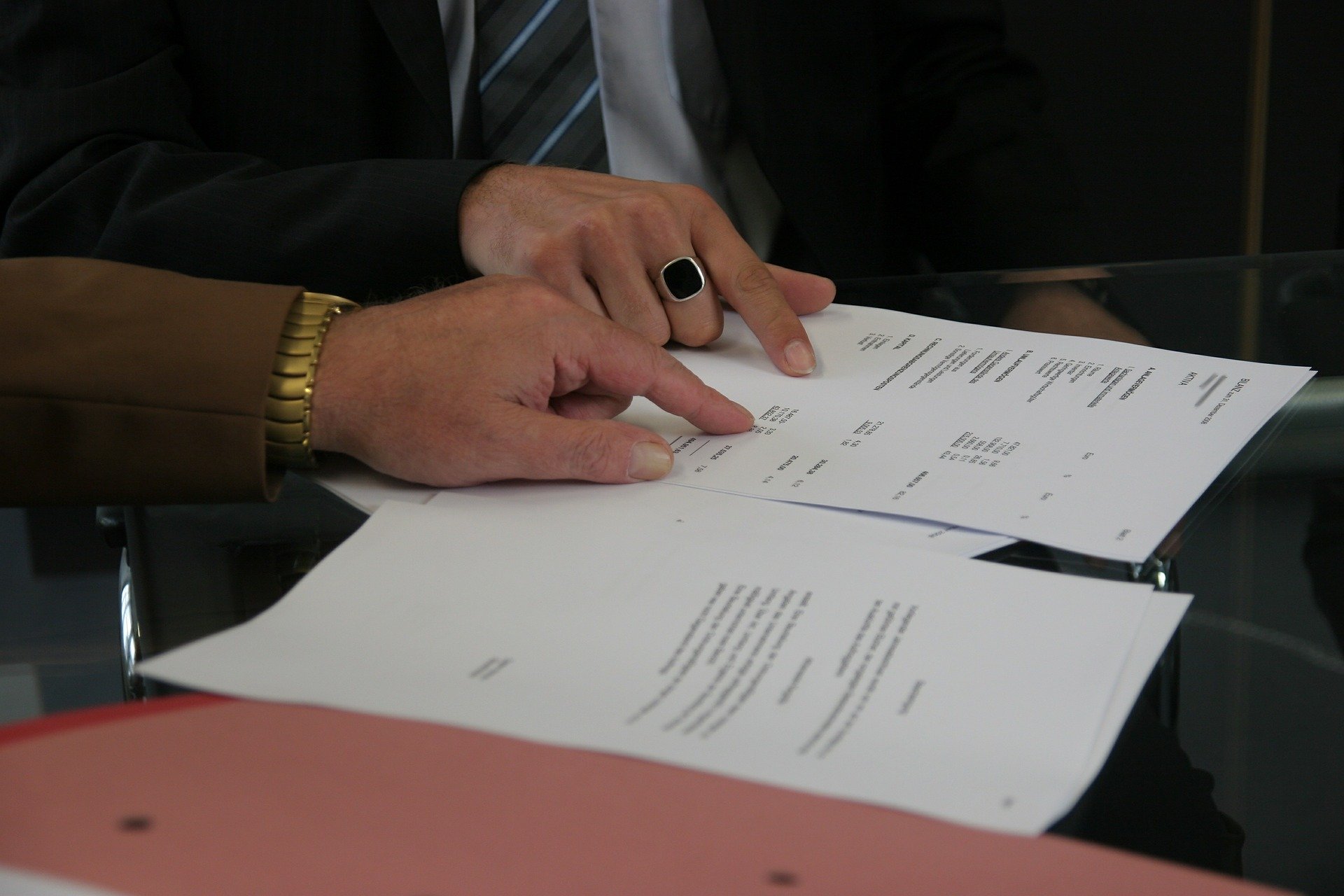
Contracts and COVID-19:
an outbreak of Force Majeure
- Shani Chobotaro Adv
- April 27, 2020
- 1:32 pm
A very large part of the world’s population is living a scenario that until recently had been reserved for horror movies.
No one predicted the outbreak of a novel coronavirus by the name of COVID-19, that would impact the lives of millions worldwide in the form of a pandemic & near-global lockdown. In particular, no one anticipated the economic effects of the pandemic which, at the moment, are still impossible to fully grasp. The spread of COVID-19 has affected many aspects of daily life, through restrictions, quarantines, cancelled travel and flights, closed businesses and borders, and shutdowns. This, coupled with the effect on manufacturing, shipping, and distribution of goods in many regions, has led to a worldwide question – how does COVID-19 affect performance under contracts?
The COVID-19 outbreak will undoubtedly have an impact on contracts, including contracts in a supply chain that includes one or more foreign entities. Countless businesses & their suppliers (such as shipping companies, manufacturers, distributors, service providers, among others), are now unable to perform their obligations under various contracts. Many parties cannot fulfill their obligations under the existing contracts, due to the economic crisis created by regulatory measures meant to curb the spread of the virus.
The “Force Majeure” provision, which is often included in contracts, protects the parties in the event of significant circumstances which occur outside the reasonable control of the parties – these include unforeseen events, such as the COVID-19 pandemic.
The impact of the COVID-19 outbreak on contracts depends on the terms laid out in the contract. In particular, whether the contract contains a Force Majeure clause in the first place and if so, whether the COVID-19 outbreak could fall within the terms of that clause. Many contracts include provisions such as crisis remedies or general wording related to specific circumstances. A small part of the contracts around the world implement the necessity of carefully crafting the provision to encompass a range of extraordinary events outside a party’s control and a catch-all category. Nevertheless, when it is an outbreak of a once-in-a-century pandemic, it is still a question of interpretation for many courts worldwide. The courts will have to determine whether or not the pandemic crisis protects from violations of agreements & frustration of contract.
The circumstances in which a Force Majeure clause will apply can be expressed broadly, or can be limited to a list of events giving rise to a Force Majeure event; each contract will need to be interpreted in the factual context and circumstances of each case. Force Majeure provisions and common law contractual remedies are both ways of excusing non-performance under a contract in the event of entirely unforeseen circumstances. In interpreting these provisions, many courts look at whether the occurrence of a potential Force Majeure event was foreseeable, and that a failure to include such potential event prohibits the court from interference.
A Force Majeure provision can be time-constrained & if a contract does not contain a Force Majeure, frustration of contract can still apply; however, its application is quite limited and the consequences of frustration also need to be considered. The courts will have to determine whether or not the COVID-19 pandemic falls within the scope of the Force Majeure provision.
A party may assert frustration of a contract when the other party can no longer accomplish the purpose of the transaction and is seeking to be excused.
In the months to come, courts will likely be flooded with claims of breach of contract on one hand, or Force Majeure clauses on the other. Parties leveraging the Force Majeure clause will argue that they were unable to perform their obligations under the contract and should not be penalized due to the COVID-19 outbreak.
Perhaps the new reality we are facing is an opportunity for the courts to soften the conditions to enforce the Force Majeure provision. In light of an unforeseen pandemic, new precedents will be set as courts determine which of the parties will bear the burden, or whether the burden will be mutual.
Thus, a legal question remains – was it possible to anticipate this?
Legally speaking, was it possible to anticipate a worldwide pandemic that will affect many aspects of daily life and cause restrictions, quarantines & shutdown?
Was it possible to anticipate it entirely? To a certain degree? Or not at all?
The courts will likely determine a scale to measure each case based on its specific circumstances. Each contract will need to be interpreted in the factual context and circumstances of each case.
—
This article provides general commentary and interpretation of the “Force Majeure” provision in respect of the COVID-19 outbreak. This article is not a substitute for professional counseling; if needed, we strongly advise you to consult an attorney & receive legal guidance tailored to your specific circumstances.







